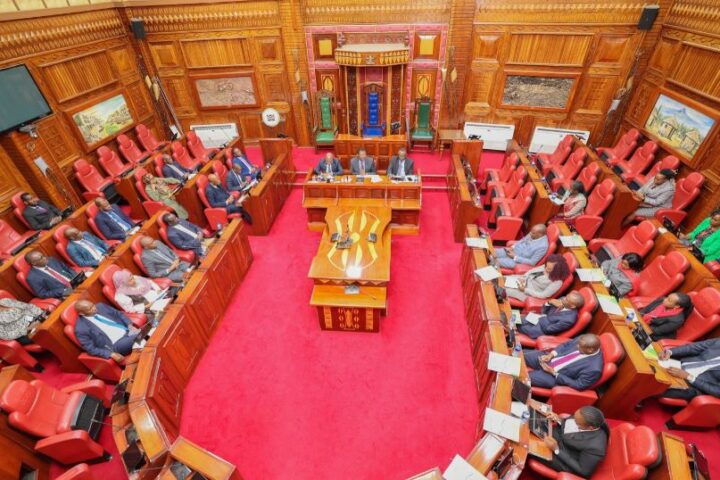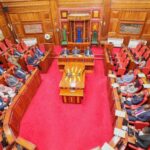
Housing Principal Secretary Charles Hinga told Parliament that he has written to the Treasury seeking approval to review the rent for the 56,892 civil servants.
Should the National Treasury approve the proposal, rent payable for low-cadre civil servants will increase from the current Kes1,000 per month.
The review will also result in public servants who have been paying as low as Kes. 30,000 monthly in rent for three-bedroom houses located around Nairobi’s State House paying triple the amount.
“Rent for civil servants averages Kes.2,200 but there are those who pay as low as Kes.1,000 per month for a single room in Mbotela Estate along Jogoo Road to the super scale public servants who pay as high as Kes.30,000 per month for three-bedroomed units along State House [Road].”
“Super scale public servants living in upmarket areas like State House should pay between Kes90,000 and Kes.100,000 per month.”
Appearing before the Public Accounts Committee to respond to audit queries for the State Department for Housing for the year 2021/22, PS Hinga that a review of the housing plan is long overdue and necessary.
“There is a need to increase rent. I have written to the National Treasury to allow us to relook at rental costs. We have not raised rent since the last review in 2001,” he said.
Hinga informed the committee that the Ministry had not maximized the collection of rent from the 56,892 civil servants.
Auditor-General Nancy Gathungu had raised a red flag over the State Department’s failure to collect potential annual rent of Kes.1.524 billion, assuming full occupancy of the 56,892 units.
“The department indeed recorded a shortfall of Kes.506,585,000 against an expected total of Kes.1,524,585,000 in rent from 56,892 houses during the year under review,” Hinga told the committee chaired by nominated MP John Mbadi.
“The shortfall arose after Kes.16.99 million was deducted from the tenants by various Ministries, Departments and Agencies (MDAs) but was not remitted to the State Department [of housing].”








